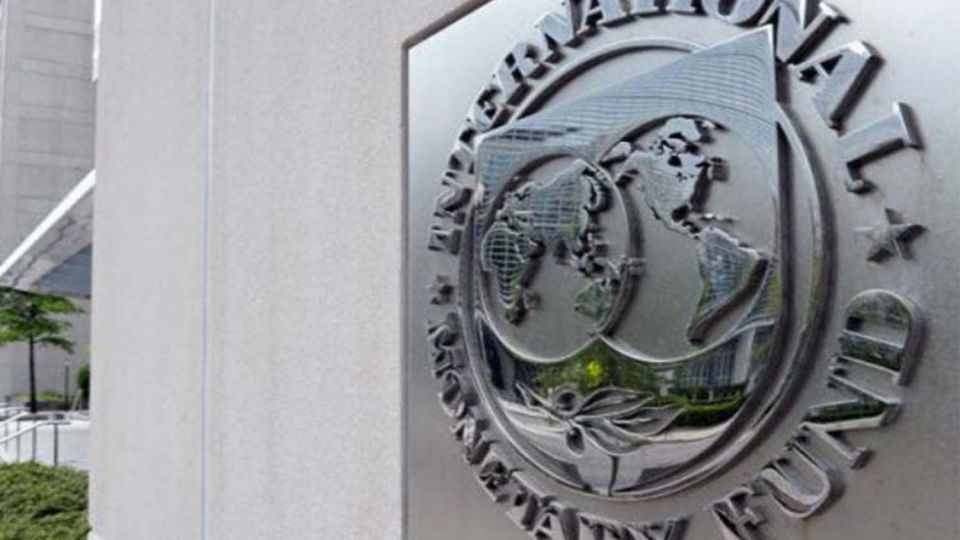June 24, 2022
ISLAMBAD – THOUGH still one step short of a staff-level agreement, the deal reached between the government and the IMF, after weeks of painful negotiations, has brought the country closer to the revival of the stalled $6bn Fund programme and, with it, financing from other multilateral and bilateral lenders to fund projected payments of up to $40bn in the next fiscal. It should also settle the wave of uncertainty that has taken over the economy and investors due to the delay in coming to an agreement.
There have been conditions, of course: the government has consented to impose additional taxes of Rs436bn, gradually implement a petroleum levy of up to Rs50 a litre, besides rolling back some fiscally irresponsible measures proposed in the original budget 2022-23.
The changes in the proposed budget to be passed by parliament will help the government target the primary budget surplus of Rs152bn and overall fiscal deficit of 4.9pc of GDP. That makes the FBR’s job a little more challenging, with its enhanced tax collection target of Rs7.4tr requiring a growth of 24pc. Any shortfall would force the government to cut down on its essential expenditure to stay the course.
On its part, the IMF has stepped back from its demand to impose a petroleum levy of Rs30 a litre in one go and has foregone 10.7pc sales tax on petrol and diesel.
Once the ‘prior actions’ are executed through changes in the proposed budget, and monetary targets finalised with the State Bank, the staff-level agreement will be approved by the IMF and the nearly $1bn stuck-up tranche released.
Pakistani authorities hope the Fund will increase the size of the bailout package to $8bn and extend its duration to June 2023.
The government’s claim that a large part of additional tax revenues will be achieved by taxing affluent individuals and firms earning Rs150m and above a year, and that the tax cuts on annual income below Rs1.2m will not be withdrawn is debatable.
There is no way the inflation-stricken low- to middle-income households, already crushed by massive fuel price increases and bracing themselves for an enormous surge in power and gas rates from next month, will escape the impact of additional taxation.
Thus, it is imperative that even when the agreement with the IMF is finalised, the authorities here must make deep structural changes for long-term sustainable growth to protect the people from repeated economic busts and future global shocks — and chart an effective long-term economic plan so that they do not have to turn to the lender again and again.
For now, IMF funding, along with that expected from other lenders, should help improve macroeconomic stability and boost investor confidence in Pakistan’s ability to execute reforms. The next few months will show how serious the government is about executing reforms and putting in place measures to strengthen the country’s debt management outlook.
Published in Dawn, June 23rd, 2022


